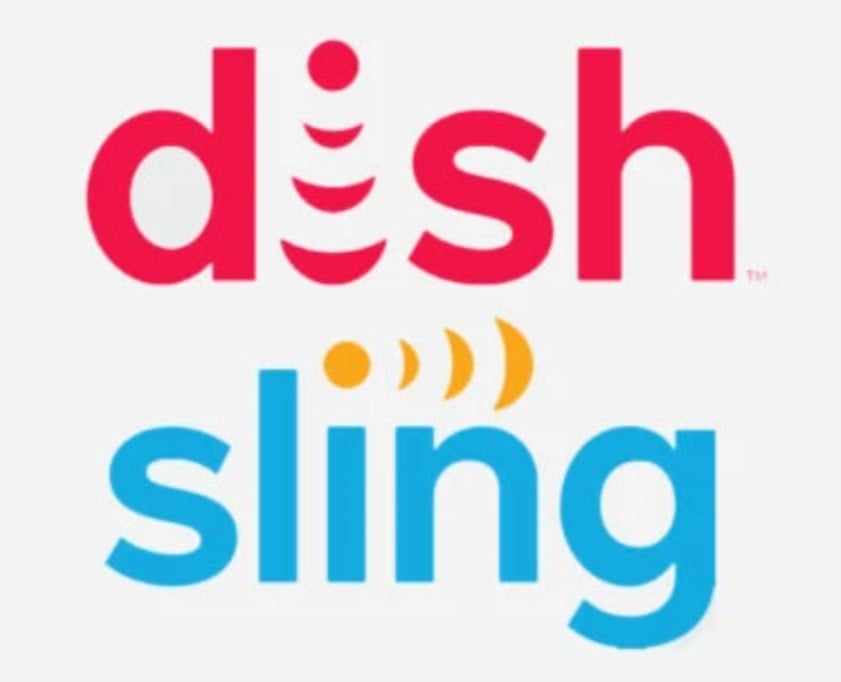Dish Network continues to inspire more cynics than enthusiasts. The greenfield operator’s 13-year journey to assemble a nationwide wireless network faces significant challenges, and if Rakuten Mobile’s experience in Japan to date serves as a premonition for that effort it could be in for a rude awakening, according to MoffettNathanson.
The Japanese and U.S.-based companies share a common vision for mobile network architecture, riding exclusively on a cloud-native, fully virtualized, and open radio access network (RAN). It’s a nascent and exceptional framework, particularly at mass scale, but a growing number of global operators are throwing their weight and money at open RAN for its ability to loosen the grip a trio of traditional RAN suppliers have on the industry.
Rakuten Mobile has the distinction of being the first operator to deploy a large-scale open RAN commercial network, but that accomplishment hasn’t been a smooth ride. Despite the Japanese operator’s aggressive deployment and a relatively unloaded network, its “network performance has nevertheless deteriorated,” analysts at MoffettNathanson wrote in a report. Subscriber growth has been “disappointing” and losses are accumulating, the analysts added.
Analysts Question Dish’s Projected $10B Network Capex
Dish Network executives have consistently said the company, which has cumulatively invested or financed at least $26 billion in wireless-related assets since 2008, can build a nationwide 5G network for $10 billion, but many industry analysts remain skeptical.
MoffettNathanson notes that Rakuten’s stated cost for nationwide network construction is $7.7 billion, and that’s in a country with 38% of the U.S. population and just 4% of the U.S. landmass. The analysts pessimistic outlook for Dish is founded on a host of challenges the company has yet to overcome.
Dish’s spectrum holdings are enviable among existing U.S. operators, but unless it acquired more during the recently closed C-Band auction of spectrum between the 3.7 GHz and 3.98 GHz bands, licenses it held for about 100 megahertz of mid-band spectrum prior to the latest auction “won’t be enough to offer a fully competitive 5G network experience,” MoffettNathanson analysts concluded.
T-Mobile US held 175 megahertz of 2.5 GHz spectrum prior to the auction and the analysts expect Verizon to leave the recently closed auction with at least 150 megahertz of C-Band spectrum.
The firm also wonders, and resulting license allocations in a few weeks will confirm or deny, if Dish “had to spend as much in the auction as many expected them to spend on their entire network.”
FCC Requires Dish to Outperform Rakuten’s Current Network
Outside of spectrum, the “closest analogy” for what Dish will build and how much it will ultimately cost is Rakuten, according to MoffettNathanson.
The analysts note that Rakuten’s subscriber growth has been disappointed despite the company’s decision to offer its service for free for the first year to new customers. “Perhaps more ominously,” the analysts wrote, “Rakuten’s network performance has deteriorated [since April 2020], despite aggressive network deployment, and slower than expected user growth, and thus lower-than expected network load.”
Rakuten’s network generated average download speeds of 21.6 Mb/s compared to 46.9 Mb/s for the average of Japan’s three incumbent carriers, the firm said, citing data collected by Opensignal in September 2020. Some of Rakuten’s customers are still roaming via the operator’s mobile virtual network that rides on those incumbent carrier networks, but “even Rakuten’s on-net speeds were lower in September than they had been in May,” the analysts wrote.
Network buildout requirements imposed on Dish by the Federal Communications Commission (FCC) stipulate that Dish serve at least 70% of the U.S. population with download speeds of at least 35 Mb/s by June 2023.
“Our goal here is not to suggest that Dish Network can’t build a competitive network,” but rather that “the operating path to success is a difficult one,” analysts at MoffettNathanson wrote.
“What Rakuten has so far demonstrated is that building a network from scratch, with new technologies that promise cost advantages, comes with disadvantages,” the analysts concluded.
"dish" - Google News
January 23, 2021 at 08:00PM
https://ift.tt/2MiATKu
Rakuten Challenges Portend Trouble for Dish Network - SDxCentral
"dish" - Google News
https://ift.tt/2MXZLF4


Izin ya admin..:)
ReplyDeleteMain dan Menangkan permainan bersama kami di ARENADOMINO 9 permainan poker online tanpa robot silahkan main dan buktikan sendiri jika kesulitan bisa
dibantu dalam pendaftaran silahkan langsung bergabung untuk info lebih jelas WA +855 96 4967353